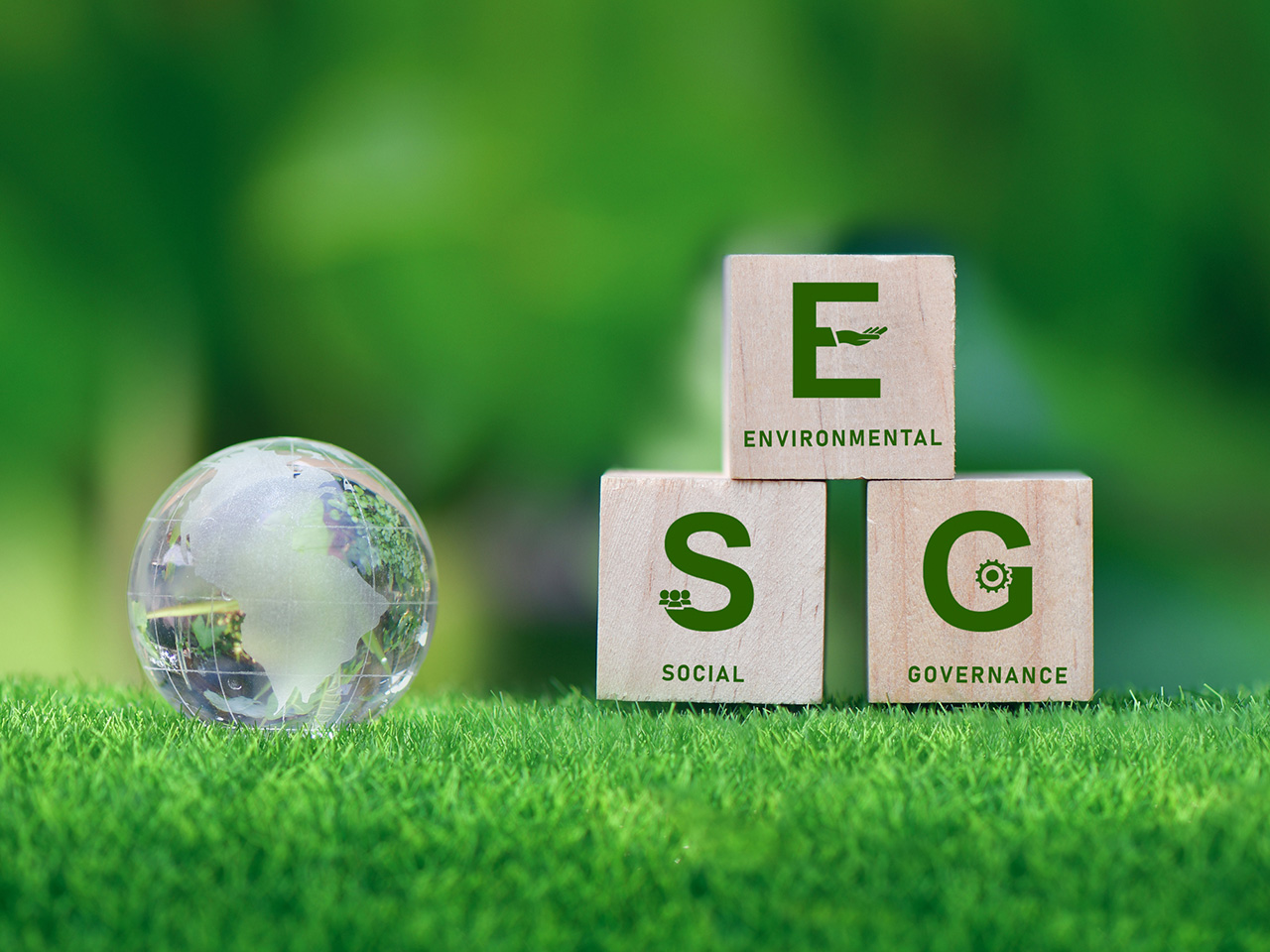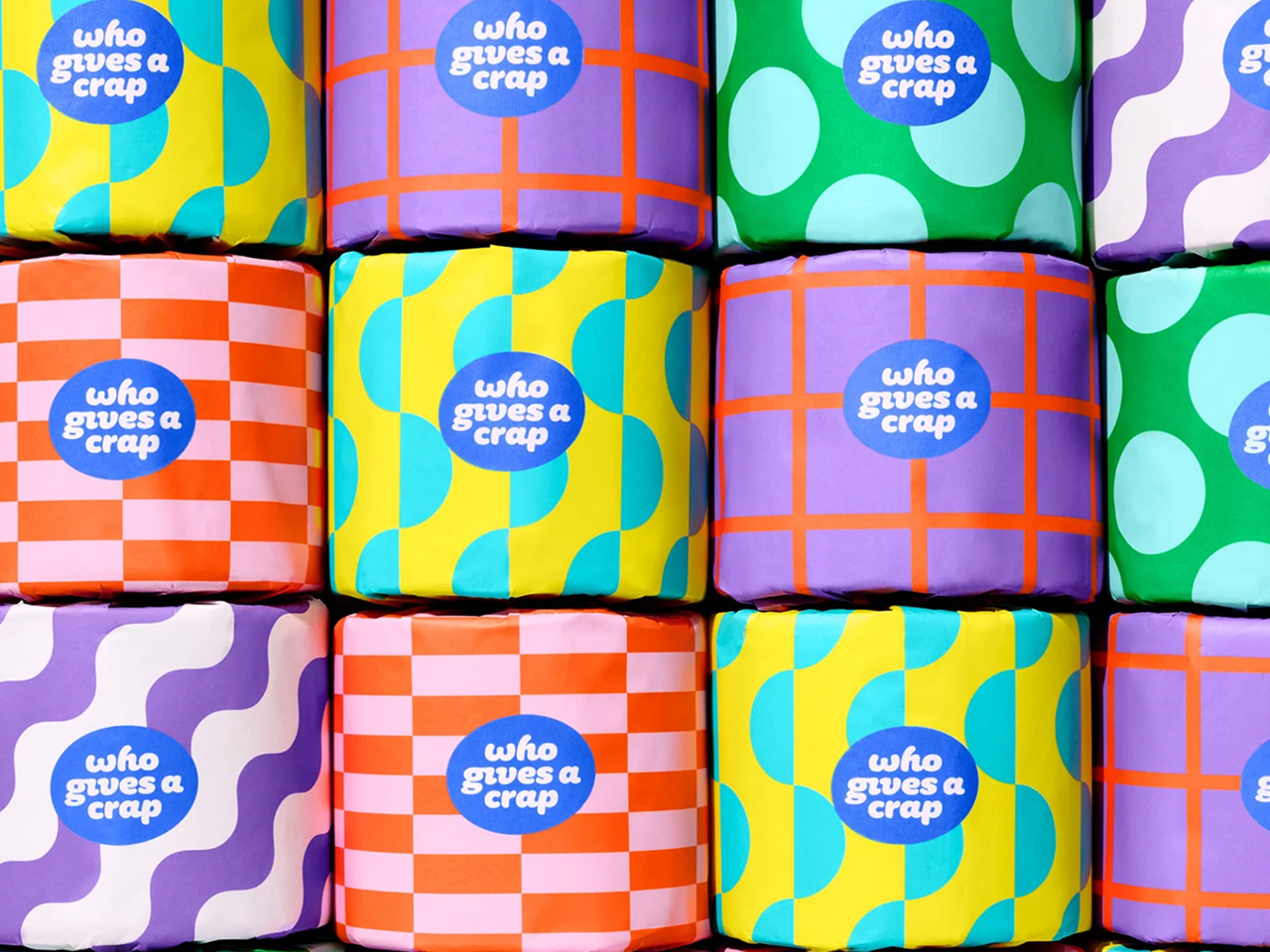Jan 08, 2024 by Mark Dingley
What do Vegemite and Who Gives A Crap toilet paper have in common?
They are both examples of Australian brands with strong ESG commitments.
Consumers in Australia have big expectations of companies to support people and the planet. That’s why manufacturers must strengthen their ESG practices.
So what is ESG, why should manufacturers care, and how can you get your ESG proposition right?

ESG stands for Environment, Social and Governance. It’s a framework to evaluate a company’s performance and impact on the environment, society, and governance.
The environmental aspect of ESG focuses on how a company manages its impact on the natural world, including things such as:
However, the idea of ESG is to extend the concept of sustainability beyond purely environmental concerns.
That’s why there’s also a social aspect of ESG.
 Image credit: Who Gives ACrap
Image credit: Who Gives ACrapThe social aspect evaluates how a company interacts with society, such as its relationships with customers, employees and the communities in which it operates, includingareas such as:
Finally, the governance aspect looks at how a company is managed and governed, including its:
Implementing an ESG strategy can help you attract and retain customers, investors and employees.
Manufacturers prioritising ESG are often more attractive to investors and have a higher likelihood of long-term success. One study found that companies with strong ESG performance had an average return on equity of 10.1%, compared with 7.4% for companies with weak ESG performance.
And it’s not only investors – consumers and employees are demanding that companies take responsibility for their impact on the environment and society.

According to research by Australian research technology company Glow:
According to PwC, organisations are increasingly asked to disclose the metrics and targets they use to assess and manage their ESG risks.
Data on carbon emissions, pay equity, reconciliation action, diversity, inclusion and wellbeing are now recognised as “key determinants of long-term financial strength and resilience”.
A growing number of Australian brands offer products with clear environmental and social benefits.
For example, Who Gives A Crap (WGAC) makes 100% recycled toilet paper and donates 50% of its profits to build toilets in the developing world. It has an authentic social purpose supported by strong environmental credentials.
The team behind Who Gives a Crap has launched a new line of personal care products, Good Time, with plastic-free packaging made from recycled paper. As consumers have come to expect from WGAC, the product is sustainable, right down to the ingredient’s shipping, which is carbon neutral. And like the toilet paper, 50% of profits go to water sanitation programs worldwide.
A winning approach for brands is to act on both a global and local scale. For example: yoghurt brand Chobani is a global brand adding a local focus to its ESG program with initiatives such as the ‘Fruit for Good’ product, which donates all profits to Foodbank, the largest hunger-relief charity in Australia.
Dove is recognised globally as a social champion for its real beauty initiatives, which promote a positive body image, self-esteem, diversity and inclusion. The brand has localised its strategy to meet unique Australian social issues.
For example, a study by Dove in 2022 revealed that three in four Australian girls are applying a filter to change their appearance. As a result, Dove created the Dove Self-Esteem Project Confidence Kit, a dedicated online tool that empowers parents and carers to understand the challenges that young people face online.
 Image credit: Dove’s Self-Esteem Project Confidence Kit
Image credit: Dove’s Self-Esteem Project Confidence KitThe Australian Competition and Consumer Commission (ACCC) recently found that 57% of the brands it reviewed were making misleading claims about sustainable practice, aka greenwashing.
At the other end of the spectrum, in trying to avoid greenwashing, many businesses wind up “green-whispering”, which means you fail to communicate all the great ESG progress you are making and miss out on the opportunity to engage the growing cohort of environmentally-conscious consumers.
The key is to focus on communicating your progress against your identified goals. Identify the issues that matter most to your employees, investors and customers, and focus your communication efforts there.
Transparency is critical – share the challenges and limitations of your ESG initiatives along with the strides you’ve made. This will build trust and enhance your reputation.
Manufacturers can embrace technology to gain the visibility, traceability, and data required to implement, manage and measure ESG programs.
The Industrial Internet of Things (IIoT), blockchain, and other automation and digitisation solutions can support manufacturers in providing key information about their supply chains, production lines, waste management, environmental impactand worker safety.
For example, the data gathered by automation and digitisation can give manufacturers more visibility into production processes, equipment wear-and-tear, wastage and energy usage.
Manufacturers can then optimise production to reduce material and energy waste and meet environmental goals.

Manufacturers must prioritise the social and environmental impact of their actions. As customers and stakeholders become more conscious of ESG, take significant action now, and you will be rewarded in the long term.
Learn how you can build sustainability into your coding and labelling process.